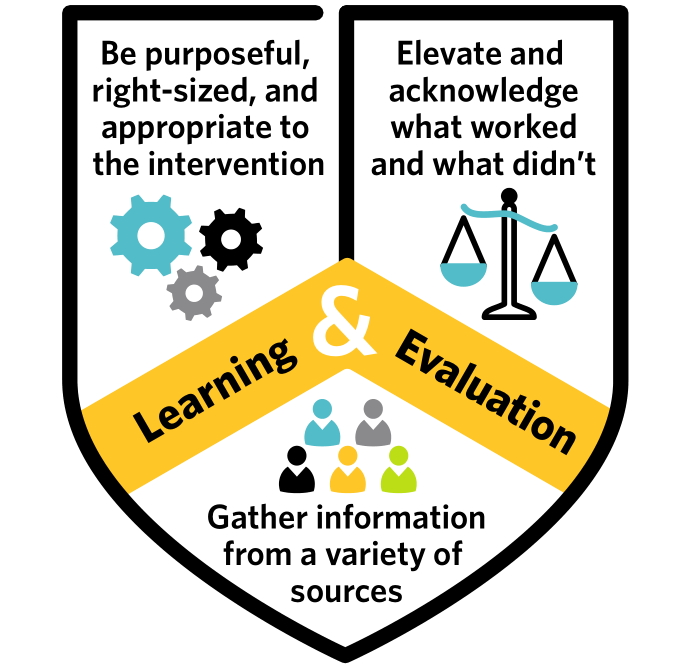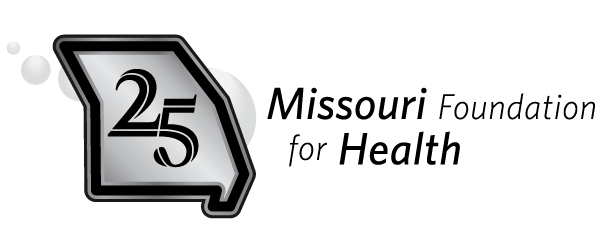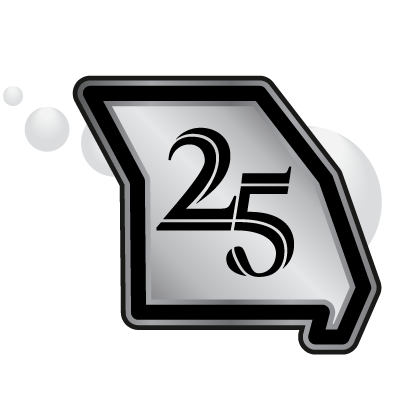In the field of philanthropy, we often wonder if what we’re doing is working. Are our resources – both human and financial – being used for the greatest good for the greatest number of people? And how do we really know? As professionals at an organization working to improve the health of communities most in need, these are questions we routinely grapple with. Moving forward, proposed cuts to safety net programs have the potential to make the situation for underserved communities more dire, making the answers to these questions even more relevant. Acting with a sense of urgency while still taking time to listen, evaluate, and adapt is paramount to making the biggest impact possible.
Philanthropy is a unique type of setting to do this work. Oftentimes, it’s easy to pat ourselves on the back after a project is complete and say we did a good job without assessing where we could have stretched a dollar a bit further, taken a risk on a good idea, or displayed deeper trust in the community. We operate without traditional markers of success, such as profit margins, funds raised, or votes cast. Without these metrics, honest and reflective evaluation is critical to our ability to effectively learn and adapt for the future.
In late 2016, the Foundation adopted a new evaluation framework. We asked ourselves, how does progress on our specific areas of work paint a picture of our overall effectiveness? We don’t think this is a question we will ever answer definitively, but rather one we continually work to answer. Central to this framework are our evaluation and learning principles:

We live by these principles in a number of ways – often above, beyond, or different than traditional evaluation – always with an eye toward the information we need in order to improve.
It is in this spirit that we recently commissioned a retrospective report on our Oral Health initiative, which ran from 2013 to 2016. Our efforts were designed to take advantage of an environment that provided the opportunity for our investment to catalyze greater change in the oral health landscape. The retrospective report, written by EMD Consulting, used extensive interviews with Foundation staff and partner organizations as well as document reviews to look at whether or not we took full advantage of that opportunity. The intent was to provide an objective account from the perspectives of those most aligned in the work. A summary highlighting key findings can be found here.
While this evaluative activity is focused on the Oral Health initiative, the key learnings are applicable to our overall strategy and will help inform our future endeavors.
We believe we have a responsibility to disseminate what we have learned more broadly, both with our partners as well as with others in the field. Our partners deserve this, as they took the time to share their successes and challenges with us. For the field more broadly, we believe we have a duty to share our findings, both good and bad, so that we can all gain from each other’s hard-learned lessons.
We are committed to reflecting on our experiences and using what we learn to strengthen our collective efforts in order to fulfill our worthy mission. We are all in this unique and important field of work together, and to collaborate and share this information is incredibly important. We look forward to continuing this work alongside all of you and remain grateful for your trust and partnership.



